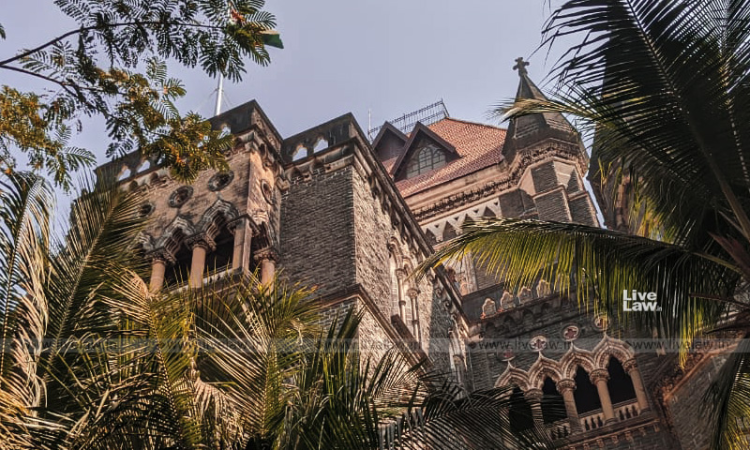Child Born Out Of POCSO Crime A "Victim" As Defined Under Section 2(wa) CrPC : Bombay High Court
Sharmeen Hakim
27 Feb 2022 9:31 AM IST

Welfare Of The Child Born Out Of Illicit Relations Of Paramount Importance – Bombay HC Reduces Life Sentence Of The Accused To 10 Years, Directs Compensation For The Child After Maternal Death
Next Story


